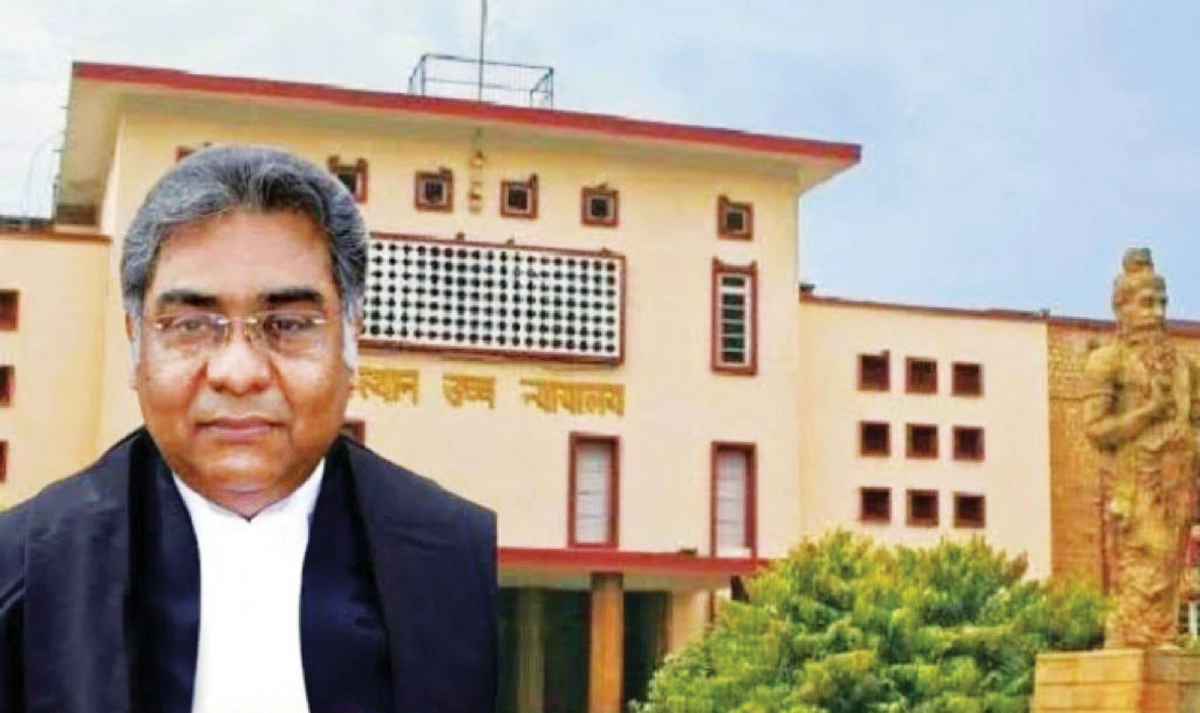The Central Government has notified the appointments of Chief Justices for six High Courts including Justice MM Srivastava for Rajasthan High Court. These appointments were made based on the recommendations put forth by the Supreme Court collegium in the months of November and December last year.
Justice Manindra Mohan Srivastava, presently acting Chief Justice of Rajasthan High Court, has been appointed as the Chief Justice of Rajasthan High Court. The parent High Court of Justice MM Srivastava is Chhattisgarh High Court.
Justice Ritu Bahri, who is presently acting Chief Justice of Punjab and Haryana High Court, has been appointed as the Chief Justice of the Uttarakhand High Court.
Justice Chakradhari Sharan Singh, who is presently Judge of Patna High Court, has been appointed as the Chief Justice of the Orissa High Court.
Justice Vijay Bishnoi, who is presently Judge of Rajasthan High Court, has been appointed as the Chief Justice of the Gauhati High Court.
Justice Arun Bhansali, who is presently Judge of Rajasthan High Court, has been appointed as the Chief Justice of the Allahabad High Court.
Justice S Vaidyanathan, who is presently Judge of Madras High Court, has been appointed as the Chief Justice of the Meghalaya High Court.
Three High Courts without regular CJs
At present, three High Courts are functioning without a regular Chief Justice. The High Courts of Delhi, Jharkhand, Punjab and Haryana are having Acting Chief Justices. There is no Supreme Court collegium recommendation made for Delhi High Court Chief Justice yet.
Supreme Court Collegium
The Collegium of the Supreme Courtconsists of 5 seniormost Judges including the Chief Justice of India. They will consider the elevation of Chief Justices/Judges of the High Court to the Supreme Court, the elevation of Judges of High Courts as Chief Justices and the elevation of Judges. In case of a difference of opinion, the majority view will prevail. Since the Constitution mandates consultation with the Chief Justice of India is necessary for appointments to the judiciary, the collegium model evolved.
Collegium System
It is a system under which appointments and transfers of judges are decided by a forum of the Chief Justice of India and the four senior-most judges of the Supreme Court. It has no place in the Indian Constitution.

The BuckStopper, run by a group of seasoned journalists, holds the powerful accountable. The buck stops with them, as they cannot shrug off their official responsibilities.



